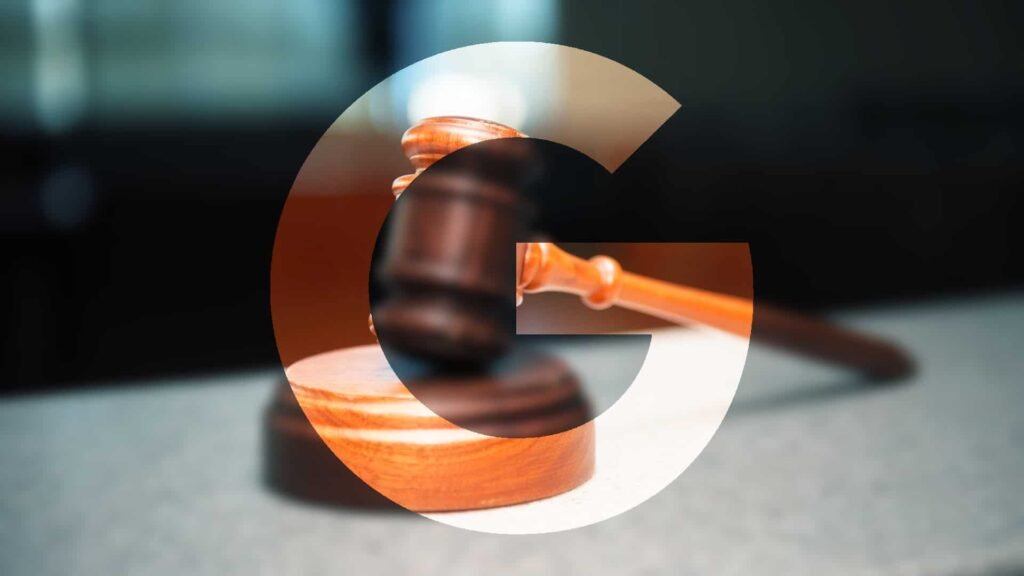

The relentless stream of fake delivery alerts and unpaid toll notifications flooding text inboxes is a common problem worldwide. However, it may finally soon face a major challenge. In a recent development, Google has filed a landmark lawsuit against a cybercriminal organization, largely operating out of China, that runs a massive SMS phishing—or “smishing”—network.
This organization, sometimes referred to as the “Smishing Triad,” provides its services through a platform dubbed “Lighthouse.” Google alleges that Lighthouse functions as a “phishing for dummies” toolkit. It allegedly offers a turnkey solution for cybercriminals. For a monthly fee, the platform provides hundreds of ready-made website templates and the infrastructure necessary to quickly launch large-scale campaigns.
Google files lawsuit against group behind USPS and E-ZPass text scams
The scale of the operation is significant. Google reports that Lighthouse has successfully targeted over a million victims across 120 countries. In the US alone, the criminal enterprise is estimated to have compromised anywhere between 12.7 million and 115 million credit card numbers. The scams often masquerade as urgent notifications from highly trusted brands. The list includes E-ZPass, the U.S. Postal Service (USPS), and even Google itself, preying on users’ trust.
What happens after a victim clicks a fraudulent link? The Lighthouse platform aims to steal sensitive data, including banking credentials and Social Security numbers. According to the complaint, the system features a dashboard where operators can easily manage the attacks. This includes including setting up spoofed pages—such as a fake USPS site requesting a small redelivery fee—and tracking keystrokes entered by the victim. Google has identified over 100 templates that used its own branding and sign-in screens to trick users into believing the sites were legitimate.
Google’s allegations
To dismantle the organization, Google is bringing claims under several key U.S. laws. The allegations include the Racketeer Influenced and Corrupt Organizations (RICO) Act and the Computer Fraud and Abuse Act (CFAA). The goal is not just to seek damages but to secure a court order that effectively shuts down the Lighthouse platform. This could greatly help prevent its continued proliferation.
Beyond the lawsuit, Google is advocating for a broader policy approach. The firm is endorsing three bipartisan bills in Congress aimed at combating various types of fraud and cyberattacks. These bills target everything from financial fraud against retirees to foreign illegal robocalls and the compounds where scam operations are housed. It seems Google views the fight against large-scale cybercrime as requiring both legal action and legislative support.
The post New Google Lawsuit May End Massive Text Phishing Operations appeared first on Android Headlines.

